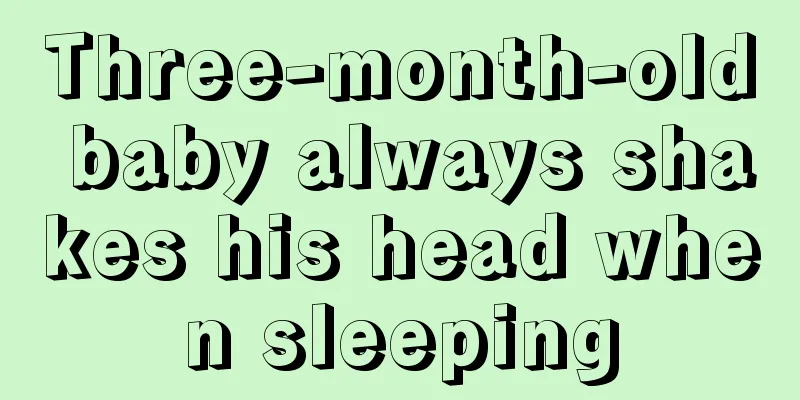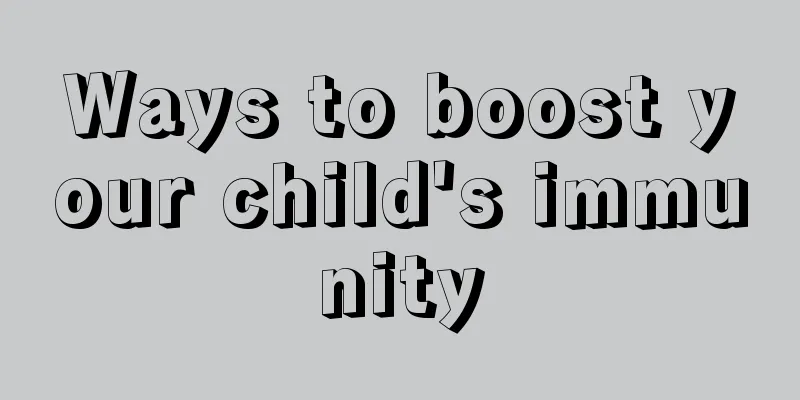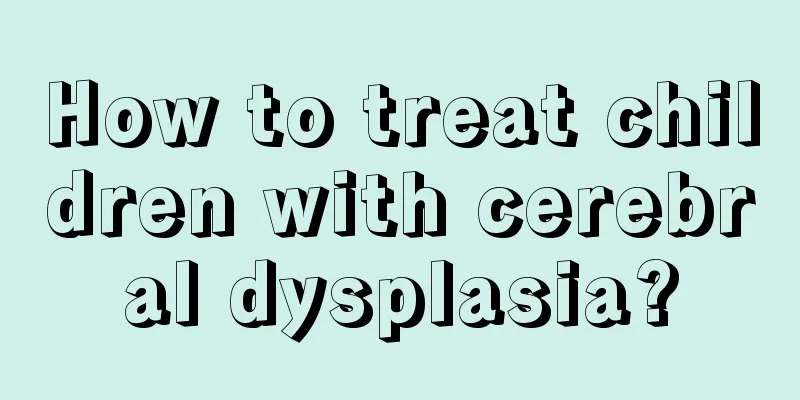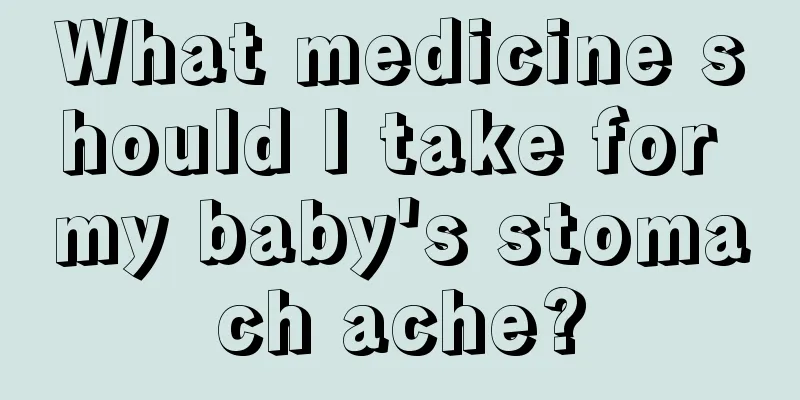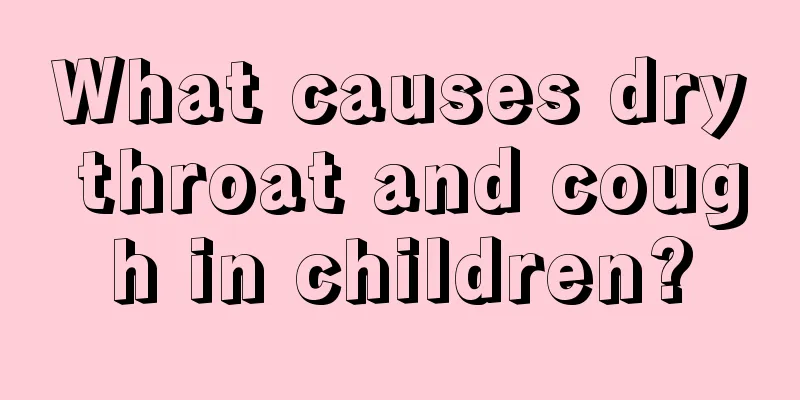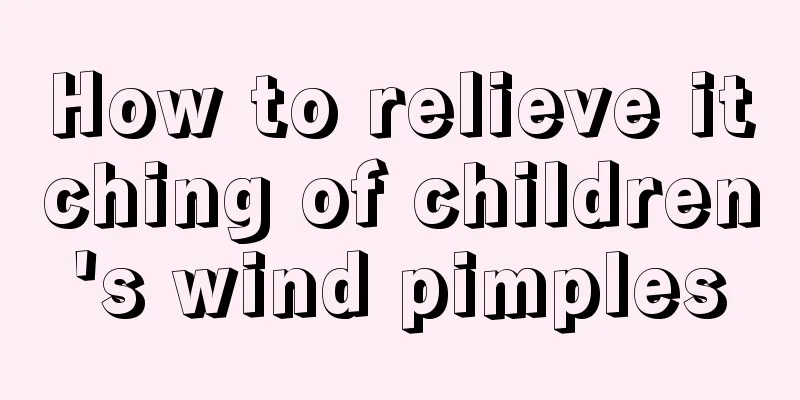Treatment of tonsillitis in children
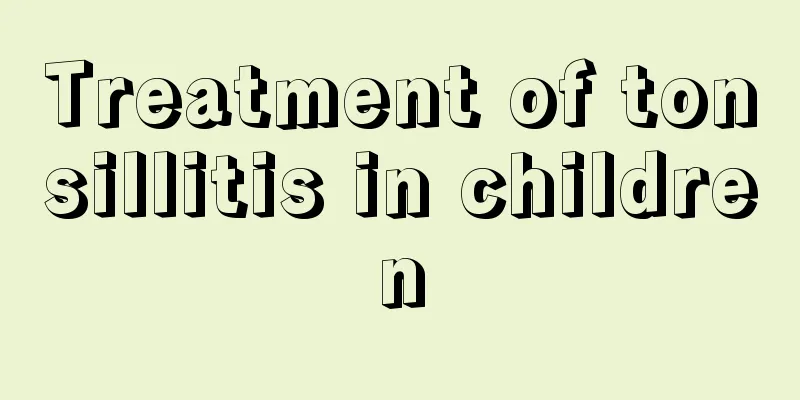
|
Tonsillitis in children is mainly divided into acute tonsillitis and chronic tonsillitis. For acute tonsillitis, mothers should take their children to the hospital for treatment in time, because acute tonsillitis has a greater impact on children's tonsils, which will greatly reduce the child's appetite. Let us now take a look at the treatments for tonsillitis in children. If it is in the acute stage, Xinhuang tablets can be used again, 0.5-1 tablet each time for children under 5 years old; 1-2 tablets each time for children 5-14 years old, 3 times a day. Some patients may experience adverse reactions when taking the medicine on an empty stomach, such as dizziness, nausea, and mild diarrhea, which disappear on their own after stopping the medicine. Therefore, the new tablets should be taken after a full meal, and if necessary, the gastric mucosal protection drug Senpavic should be taken, 25 mg each time, 3 times a day, before meals. Patients with gastric and duodenal ulcers and those with renal insufficiency should avoid using it to prevent gastrointestinal bleeding. Herbal prescription: 15-20 grams of asparagus, 50-100 grams of polished rice, a little rock sugar. First, fry the asparagus to get the thick juice, add the polished rice to cook porridge, add rock sugar to the porridge and eat it. Take one dose per day. It is suitable for patients with chronic tonsillitis accompanied by constipation and obvious fever. 10 grams of Fritillaria cirrhosa and 120 grams of female duck breast meat. When the duck meat is 80% cooked, add Fritillaria cirrhosa (ground) and a little salt, and stew until cooked. Drink the soup and eat the meat, once a day. Suitable for people with tonsillitis accompanied by emaciation, dry mouth, and loss of appetite. Chronic tonsillitis is often caused by repeated attacks of acute tonsillitis or incomplete treatment, which results in residual bacteria in the crypts of the tonsils and continued inflammation. Tonsils belong to lymphoid tissue. They are not fully developed within one year of age. After that, they gradually enlarge. After the age of 7-8, the enlarged tonsils gradually shrink. Therefore, enlarged tonsils are not necessarily chronic tonsillitis. If enlarged tonsils affect breathing, swallowing and pronunciation functions, surgical removal may be considered. The article introduces in detail the treatment methods for tonsillitis in children. I hope mothers can remember these methods well and control the disease in time. When we encounter tonsillitis in children, we can use medicinal materials such as Fritillaria cirrhosa, Asparagus cochinchinensis and rice to treat it. I hope this will be helpful to you. |
<<: Introduction to Tonsillitis in Babies
>>: What causes breast development in boys?
Recommend
How to grow taller for adolescent girls
Puberty is like a training class. Many changes wi...
Why is the baby's tongue coated with black?
There are many reasons for the baby's black t...
How should ADHD in children be treated better?
Generally speaking, children are more active, but...
Why does the child sneeze?
Sneezing occurs in many people. After sneezing, y...
What is the height standard for a two and a half year old girl?
Under normal circumstances, children's physic...
What foods are good for a seven-month-old baby with moderate anemia?
Food occupies a very important position in life, ...
What to do if baby has dark circles under eyes
Parents are very concerned about their children a...
What should I do if my three-month-old baby has not defecated for four days?
My baby is 3 months old, but he hasn't had a ...
Is it serious if my baby is mycoplasma positive?
After having a child at home, you should take the...
Symptoms of enuresis in children
Enuresis in children is actually a condition call...
Treatment of black ringworm on the scalp in children, these methods must be mastered
Children are very prone to scalp ringworm, mainly...
What should I do if my baby always has eczema?
Eczema is a common skin disease that everyone is ...
Why do children wake up easily when sleeping?
Parents who just had a baby know that babies are ...
What are the medications for neonatal jaundice?
Many newborn babies will show symptoms of jaundic...
What are the causes of picky eating in children?
Children in their early childhood will have some ...
